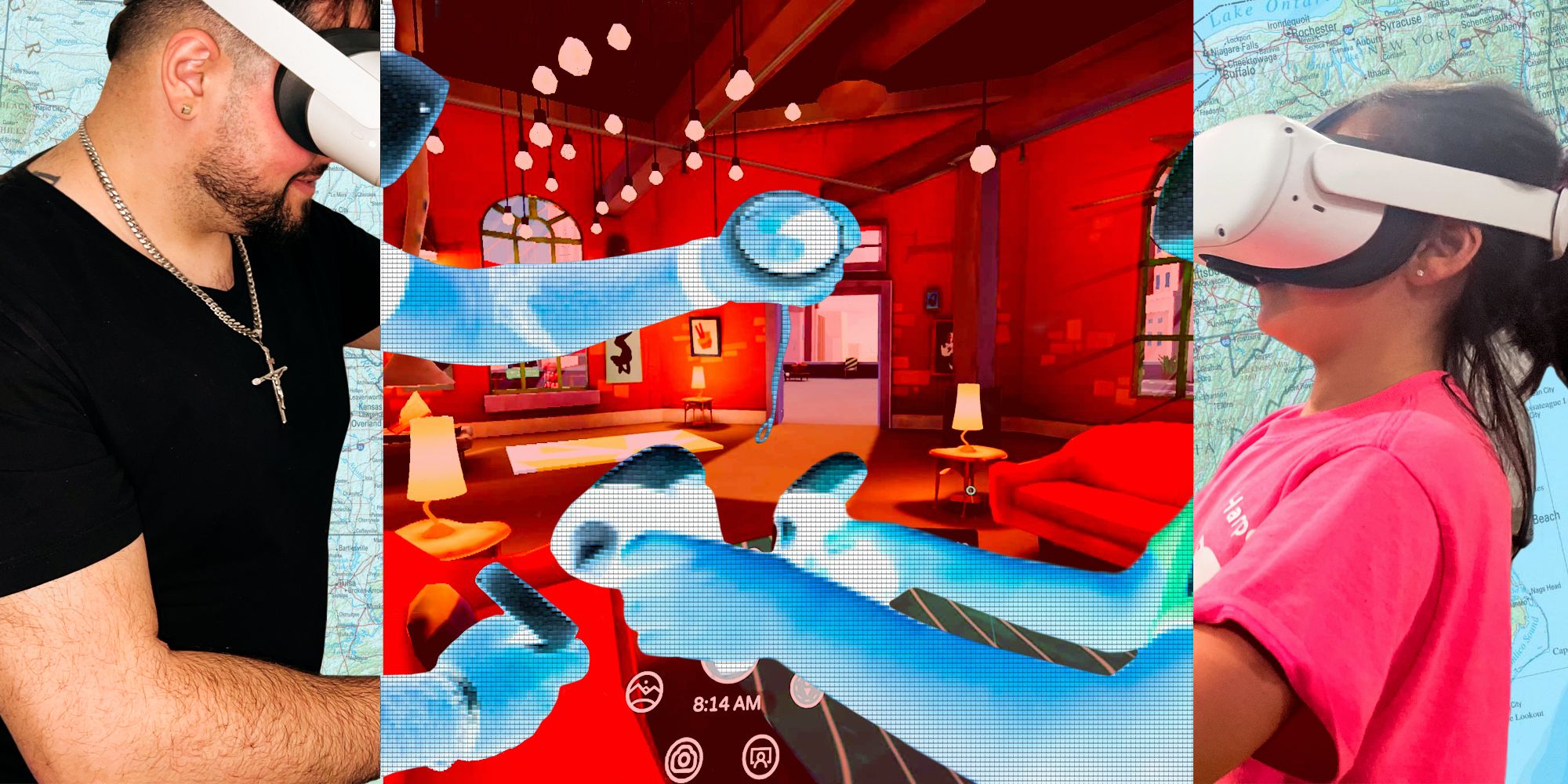Virtual Reality has come a long way since its inception, with advancements in technology making it possible for individuals to have immersive experiences that feel like they are part of another world. While VR is often associated with gaming and entertainment, it also has the potential to revolutionize social interaction.
One of the most significant ways in which VR is changing social interaction is through virtual events. With the COVID-19 pandemic forcing the cancellation of many in-person events, such as concerts, conferences, and festivals, virtual events have become a popular alternative. Using VR technology, individuals can attend virtual events and interact with others in real-time, providing a sense of community and connection that would otherwise be lost.
Another way in which VR is changing social interaction is through long-distance relationships. For individuals in long-distance relationships, VR can provide a way to feel more connected to their partner. Using VR technology, individuals can create a shared virtual space where they can interact and spend time together, even when they are physically apart.
In addition to virtual events and long-distance relationships, VR is also changing the way we interact with others in online communities. VR can provide a more immersive and engaging way to connect with others, allowing individuals to feel like they are part of a community, rather than just interacting through a screen. This increased sense of presence can lead to more meaningful and authentic social interactions.
However, there are also potential drawbacks to consider when it comes to VR and social interaction. One of the most significant concerns is that VR could lead to increased isolation and a lack of real-world social interaction. While VR can provide a sense of community and connection, it is essential to balance this with real-world social interactions to maintain a healthy and fulfilling social life.
Another concern is that VR could lead to a loss of privacy and personal boundaries. In a virtual world, individuals may feel like they can be more open and vulnerable, leading to potential breaches of privacy. It is essential to be mindful of personal boundaries and to establish clear guidelines for online interactions, even in a virtual world.
In conclusion, Virtual Reality has the potential to revolutionize social interaction by providing immersive experiences that connect people in a digital world. From virtual events to long-distance relationships, VR is changing the way we interact with others online, providing a sense of community and connection that was once impossible. However, it is essential to balance the benefits of VR with real-world social interactions and to be mindful of personal boundaries in the virtual world. As with any technology, it is essential to use VR in a responsible and mindful way to ensure a healthy and fulfilling social life.



